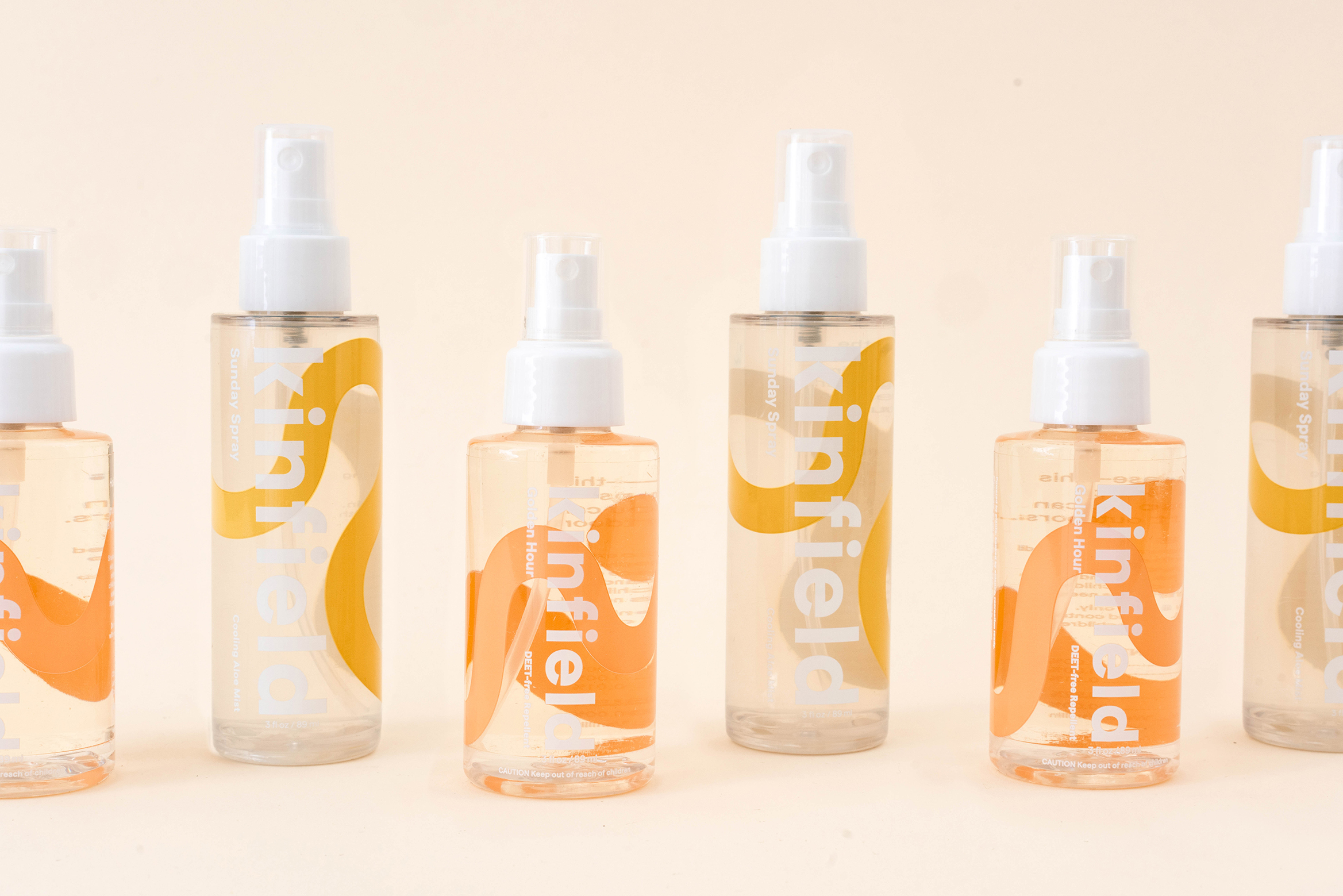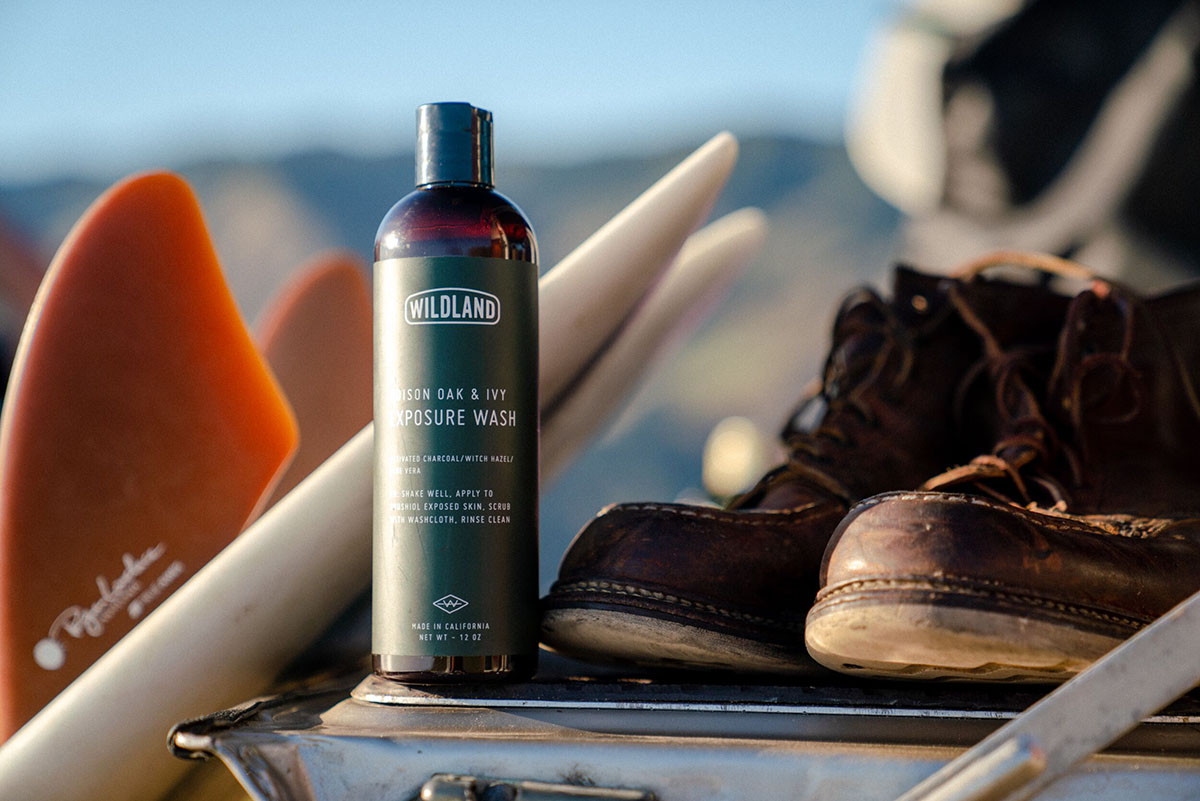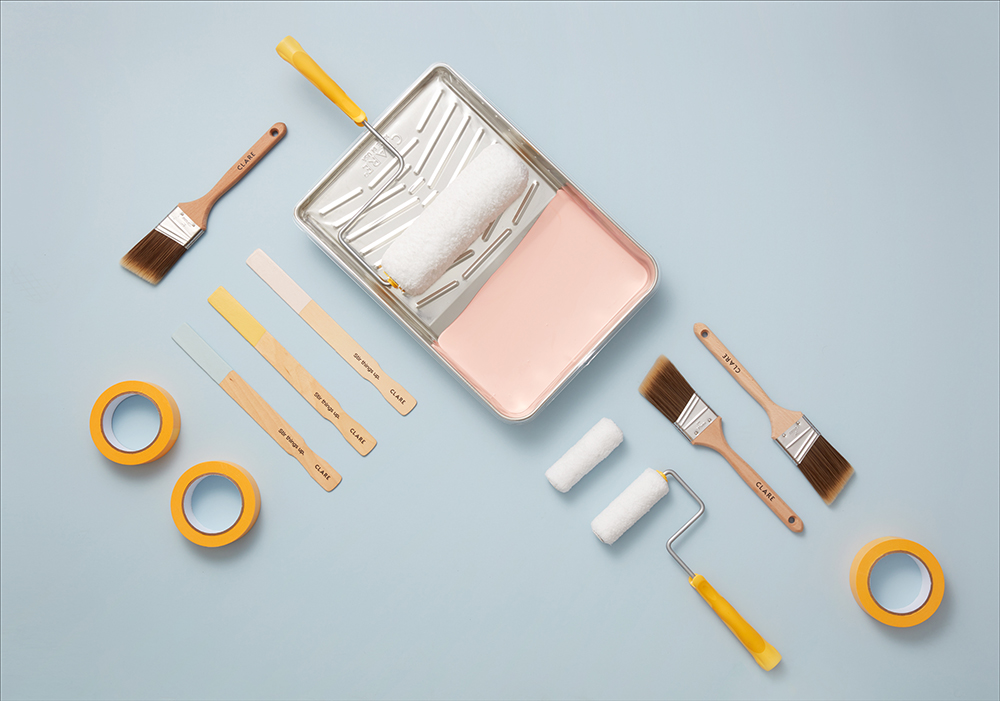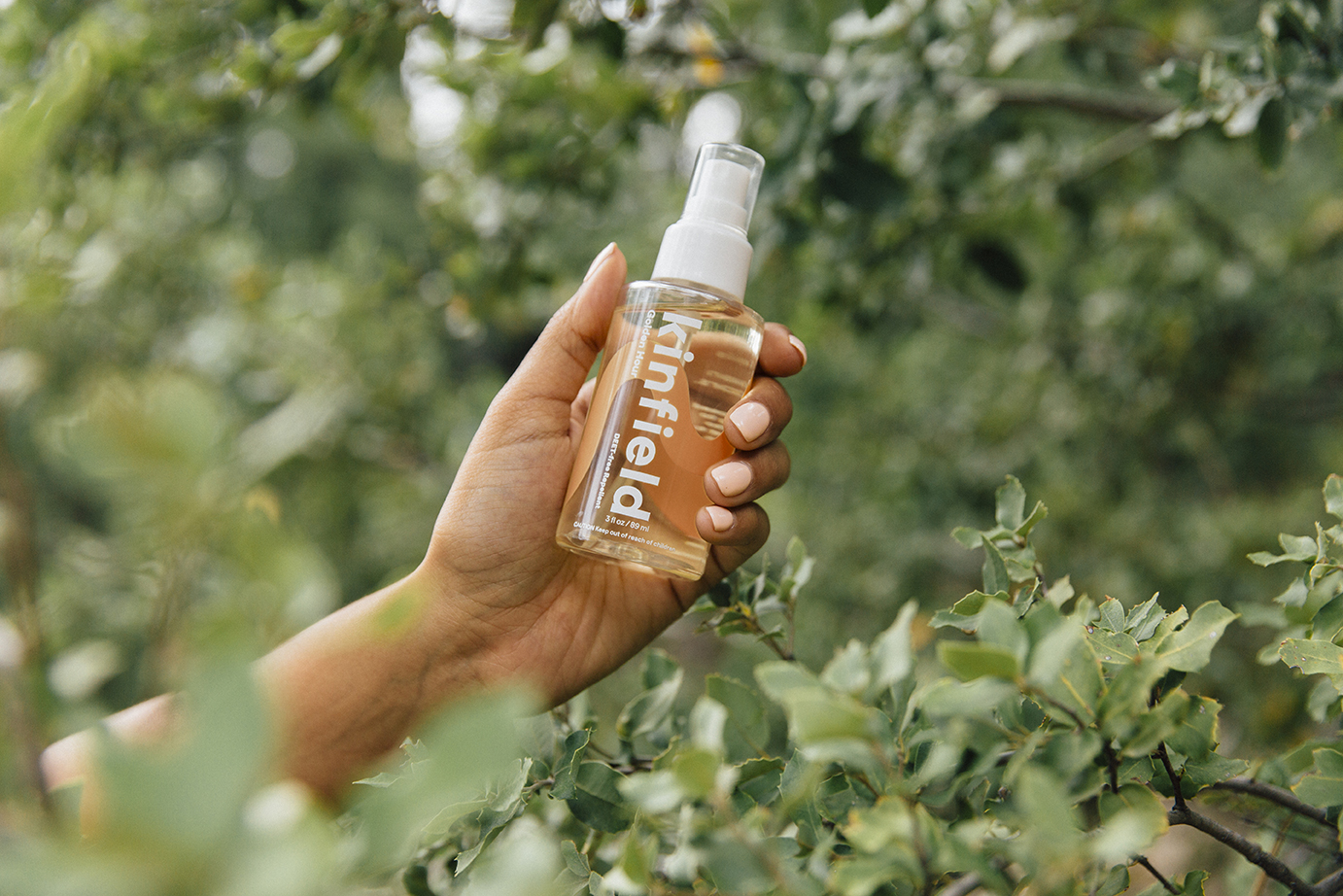Ask any 20-something and they’ll confirm what numerous studies have already stated: they have distrust and low confidence in institutions. The financial giants that created the 2009 recession, polluting industries that are largely responsible for our climate crisis, and a government that’s rolling back protected federal lands for more resource extraction — it’s no wonder that a recent study surveying Millennials and Generation Z-ers found that “75 percent believe leaders/businesses focus on their own agendas rather than considering the wider society.”
Their response? Stop buying from corporations with the largest market share and start your own company founded on transparency and sustainability. And because this is “Generation Like,” authenticity and sleek branding is a must.
Scanning the aisles of my local co-op market, the beauty and home aisle is stocked with rows of cleaning sprays and natural bug sprays, dog food bags and tubes of toothpaste, but many of them still look — for lack of a better term — uncool. Yet, in the well-heeled path of direct-to-consumer brands like Reformation that made sustainable fashion sexy, we’ve been seeing an uptick of cool-looking and responsibly made brands occupying those previously unattractive categories.

It’s about time. Toxic chemicals have infiltrated nearly all of our everyday “stuff” — household cleaners, mosquito repellents, air fresheners, and garden fertilizers — to the point that brands advertise what isn’t included in their products as key selling points. (Think: sulfate-free, paraben-free, BPA-free, PVC-free, phthalate-free, etc.) Now, on the opposite end of the spectrum, innovative thinkers are turning to the power of plants to reach the same efficacy goals.
“There’s so much we still don’t yet know about the power of plants and essential oils,” says Nichole Powell, CEO and Founder of Kinfield, a new brand offering plant-based, outdoor-friendly beauty products. Powell enlisted industry experts to rigorously formulate Kinfield’s “Golden Hour” DEET-free mosquito repellent spray to ensure that it actually works, a claim backed by hard scientific data.
“I was only willing to sign off on the [Golden Hour] formula once we had concrete evidence from an independent lab that confirmed multiple hours of protection time against the most common mosquito, Aedes Aegypti,” Powell explains.
Kinfield approached its packaging from a sustainable lens, too, forgoing outer cartons and choosing lightweight, durable, recyclable bottles that could be shipped without any extra padding and survive bumpy mail-truck rides. “We wanted [the package design] to reflect some of our internal values — transparency, joy, and celebrating outdoor play. I was also adamant that the deco be completely free from any Clipart mosquitoes!” Powell continues.

For Wildland founders, the R&D for their plant-based poison oak and ivy post-exposure products was a crash course in toxic chemical history. One of the largest brands in the market, Tecnu, was originally developed for removing nuclear fallout from the skin during the Cold War (though it was never used). Sound familiar? Another active ingredient in the poison oak and ivy skin cleanser is Mineral Spirits, a petroleum-derived solvent.
“As we learned more about Tecnu’s ingredients, we couldn’t feel great about using those products on ourselves or our familys’ skin. We also came to realize there were better ways to remove the Urushiol (the common oil found in Poison Oak that causes rash) that didn’t involve harsh chemicals,” says Jon Peterson, co-founder of Wildland.
Each of Wildland’s products helps remove the Urushiol oil with different mixes of plant-based, biodegradable cleaning power, activated charcoal, plus naturally soothing jojoba esters, witch hazel and aloe, for fresh-scented healing.
Scanning the “About” pages of these new brands, a similar trajectory emerges: founder has a problem, looks for solutions in the current market, discovers that most of the top players use harmful, toxic chemicals and have ugly, plastic packaging. Founder uses science to develop new plant-based solutions, puts their product in beautifully designed packages and sells it directly to the consumer to provide the most competitive pricing. The consumer gets full transparency about that process through educational articles, art-directed imagery (insert product-in-hand photo), and shows third-party environmental certifications.
This non-toxic and well-heeled revolution is happening in what was previously considered the most boring of drugstore aisles. Take your pick of plant-based cleaning products from Cleancult (colorful, refillable soaps that come in paper cartons) or Blueland (just add water and a dissolvable tablet into one of their stunning glass spray bottles). Aunt Fannie’s sells non-toxic plant-based pest solutions (ant spray, fly trap, and mosquito spray) that don’t smell like low-grade poison. Their cleaning sprays and hand soaps feature probiotic formulas that challenge the status quo of more traditional antibacterial soaps, which kill both good and bad bacteria.

Hello’s charcoal-based toothpaste comes in fluoride-free and fluoride options (on their website, meet the mint farmers behind the paste’s herbaceous fresh flavor). Ritual founder Vivienne Decker was shocked to find out that many vitamins contained harmful ingredients (seriously, even your vitamins are toxic!), so her version is vegan, non-gmo, and gluten-free, sourced from high quality ingredients and shipped via monthly subscription.
We all know about organic meal delivery services for busy 9-to-5ers, but what about those cancer-causing carcinogens in 40-pound bags of cheap, dried dog food? Not if you buy Ollie, The Farmer’s Dog, or Nom Nom Now, just a few of the pet food companies that sell customized meals made out of human-grade ingredients (again, delivered via monthly subscription service).
Beyond the bathroom and kitchen, Sunday takes a holistic approach to lawn care. In place of pesticides and chemical fertilizers, Sunday uses soil, climate and even satellite data to figure out which non-toxic nutrients your lawn needs the most.
Okay, the list can feel extensive once you start digging, but the truth is that many categories of home products still don’t have plant-based alternatives. But as more consumers demand sustainable options, companies are taking the first steps toward making traditional options the least toxic as possible. See the paint startup Clare, which has zero VOCs and is GREENGUARD Gold Certified for low chemical emissions — the strictest certification for children and schools.
“In the past, it seems there was often a choice between a plant-based option that probably doesn’t work, or a heavier chemical option that might work better but also might be pretty bad for you,” said Peterson. “As technology and our awareness of what might be bad for us progresses, formulators are becoming more aware and able to bridge the gap between effectiveness and sustainability.”

Powell adds, “I’m so inspired by the trend that we are seeing, and how smaller brands like Kinfield and others are making moves that bigger brands are now emulating. This is only the beginning. The more that we as consumers can signal our preferences and desire for cleaner formulations, less waste, and more conscious consumerism, the more that bigger brands (who have a far greater capacity for impact) will take notice and respond accordingly.”
XX Rhea Cortado
